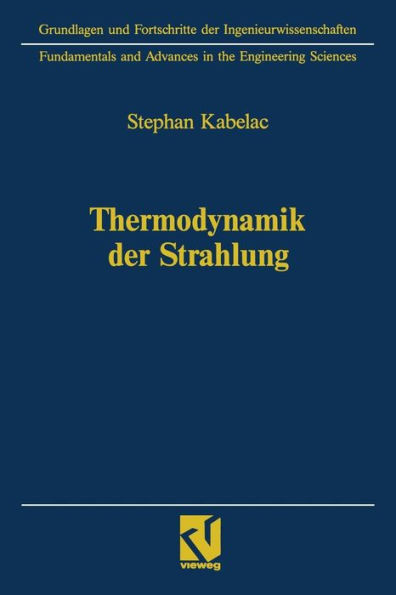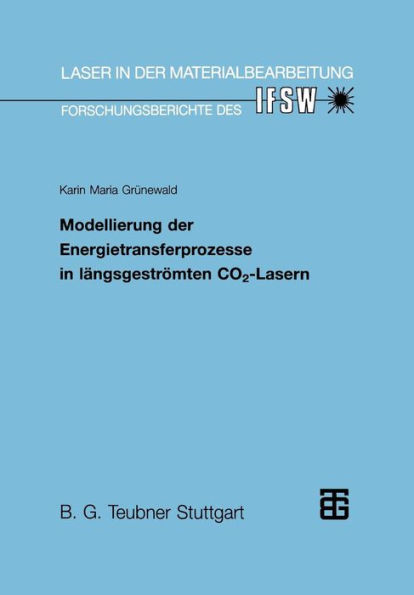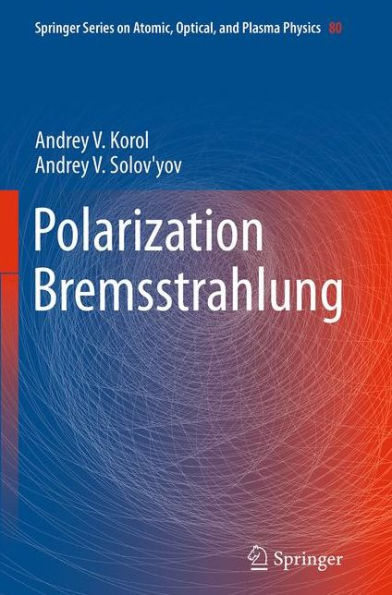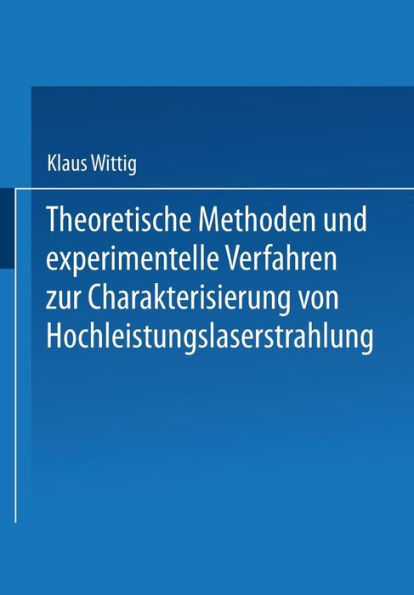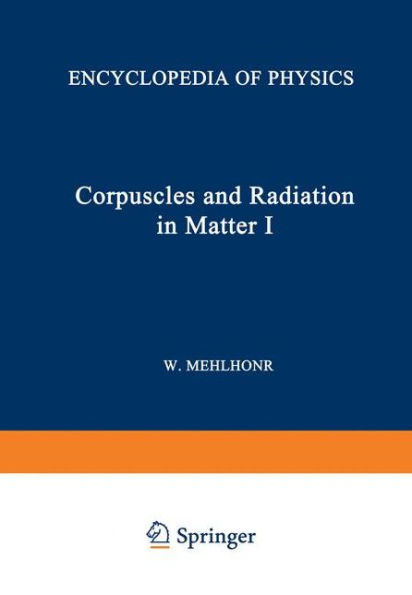Home
Energie-"Dissipation" in der Strahlenchemie. Mehrzentren-Termination: Teilprozesse strahlenchemischer Umwandlungen
Barnes and Noble
Energie-"Dissipation" in der Strahlenchemie. Mehrzentren-Termination: Teilprozesse strahlenchemischer Umwandlungen
Current price: $59.99


Barnes and Noble
Energie-"Dissipation" in der Strahlenchemie. Mehrzentren-Termination: Teilprozesse strahlenchemischer Umwandlungen
Current price: $59.99
Size: OS
Loading Inventory...
*Product information may vary - to confirm product availability, pricing, shipping and return information please contact Barnes and Noble
The primary processes of energy transfer consist of ionization (followed by neutralization) and excitation of molecules to different states of energy. They may rearrange, decompose, or transfer ionization resp. excitation; their behaviour may be modified by the state of aggregation of the pertinent system, its purity, and specific chemical structure. A common feature of both radiation chemistry and photochemistry is the smaller chemical effect of the absorbed energy on the liquid state. This phenomenon is in part due to the Franck-Rabinowitch cage effect, further- more, the structure and chemical behaviour of the primary ionized or ex- cited species depend on the density of the system. Moreover in the liquid state whole domains of solvent molecules may participate in the transfer of ionization or excitation with the resulting protection of the primary excited species and possibly the radiation sensiti- zation of the acceptor molecule. A radiation sensitization of the acceptor molecule does not necessarily protect the donor molecule from decomposi- tion as the latter may be present in an excited state which is not pertinent to the decomposition process. Resume Les processus primaires du transfert d'energie comprennent l'ionisation (suivie de neutralisation) et l'excitation de molecules aux divers etats d'ener- gie. De tels etats peuvent &tre changes intramoIeculairement, decomposes, ou ils peuvent transferer l'ionisation ou l'excitation resp.; Ie comportement de ces etats peut &tre modifie par l'etat d'agregation du systeme, par sa purete et sa structure chimique particuliere.
